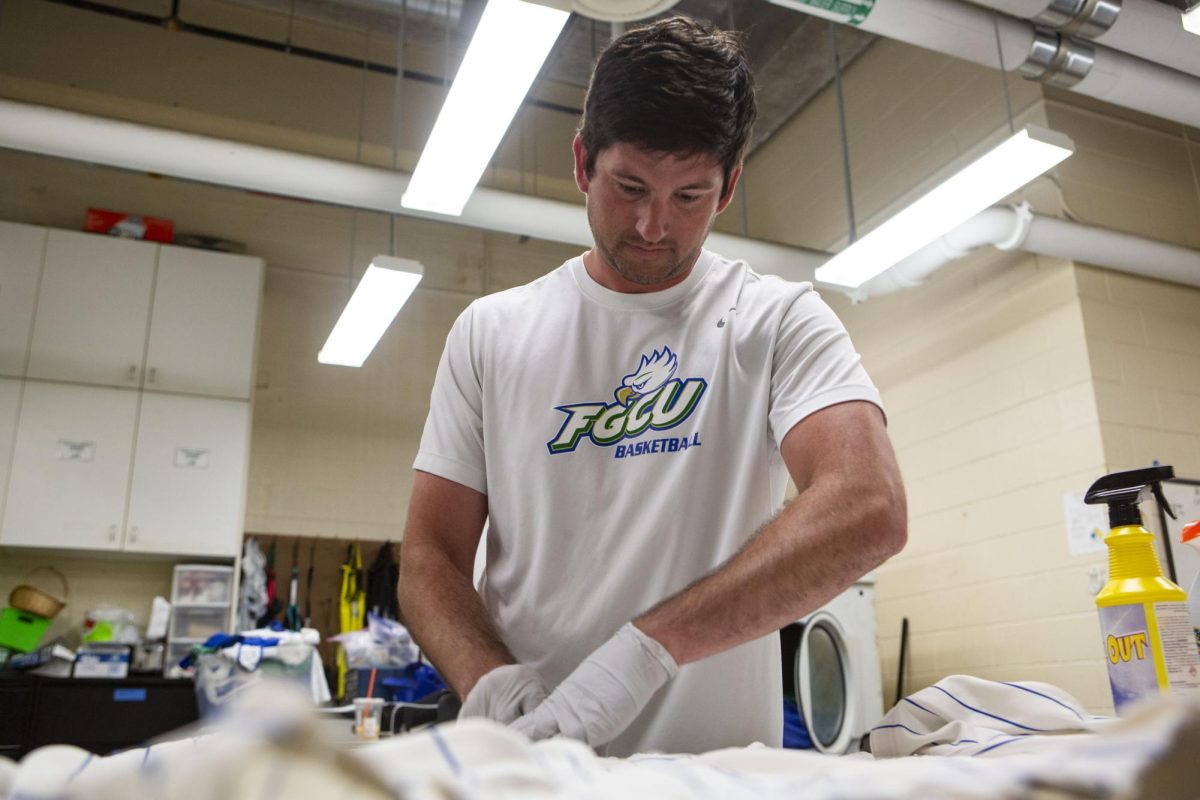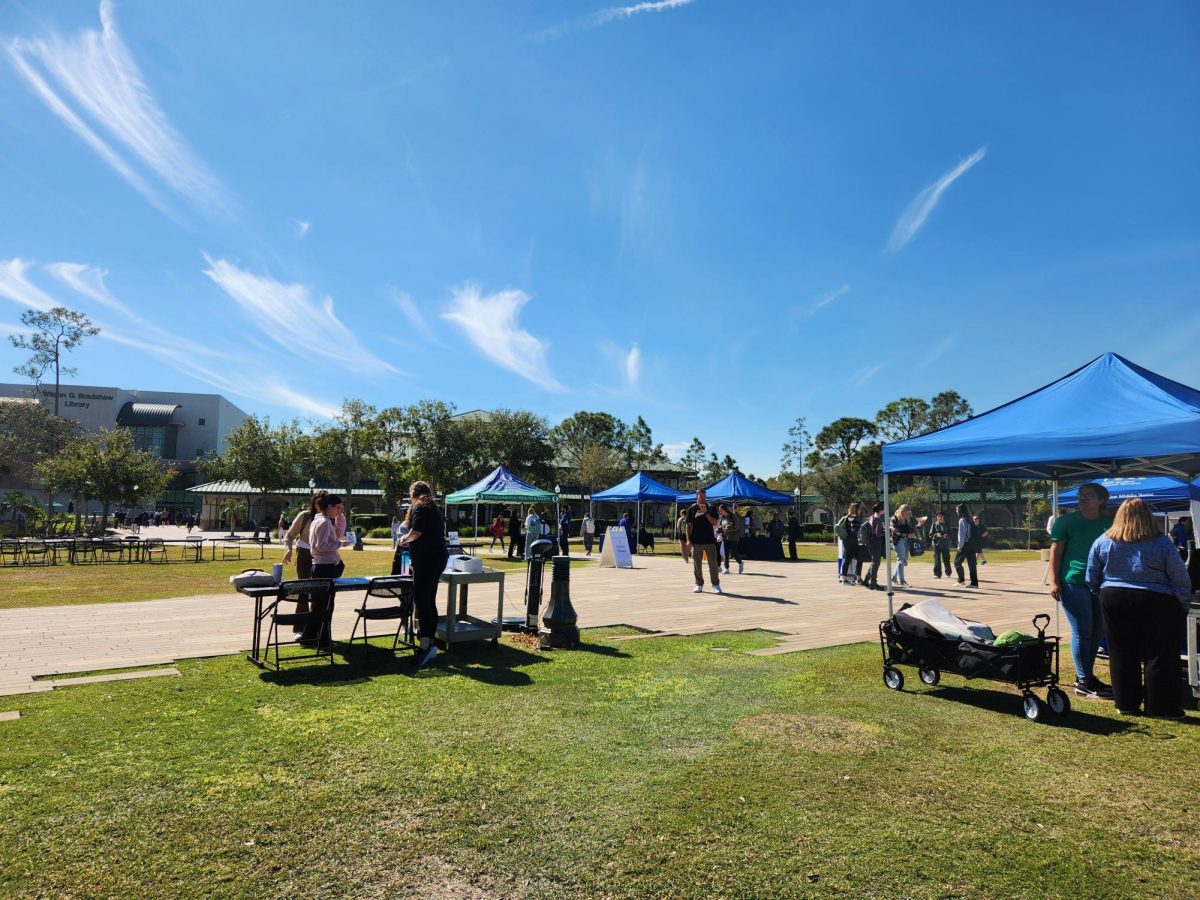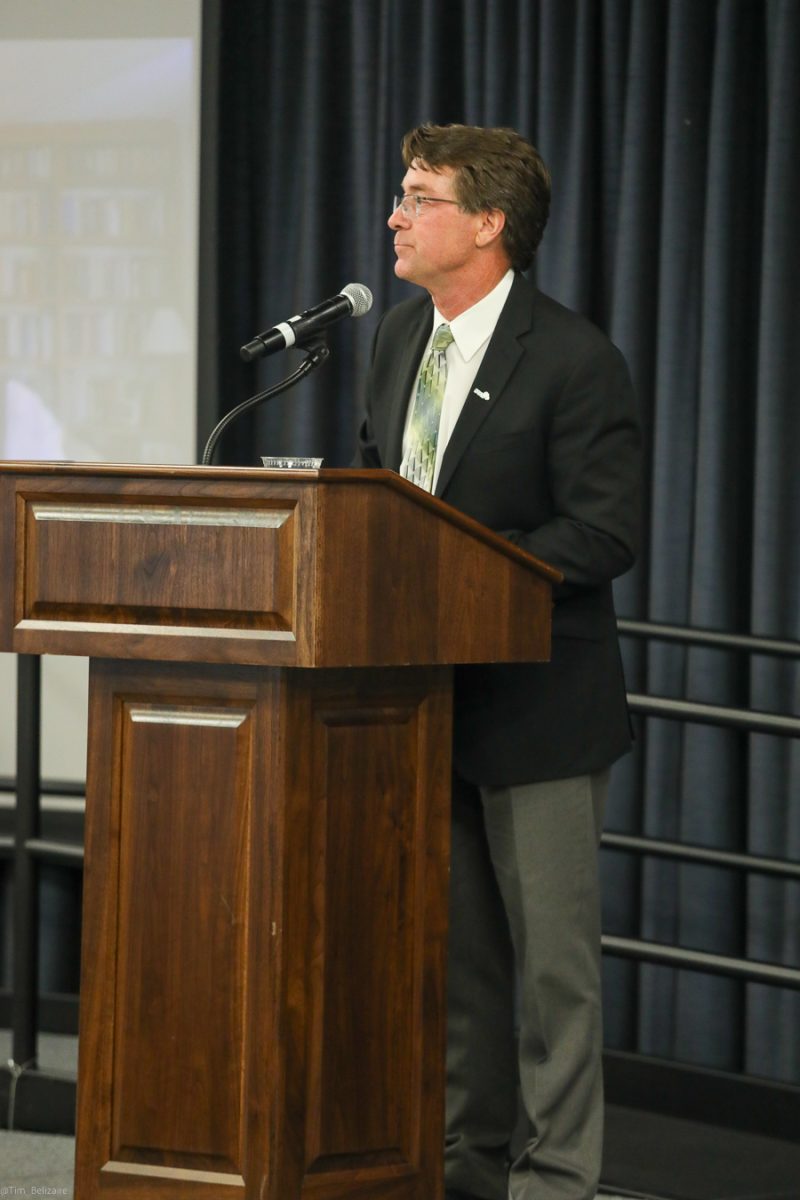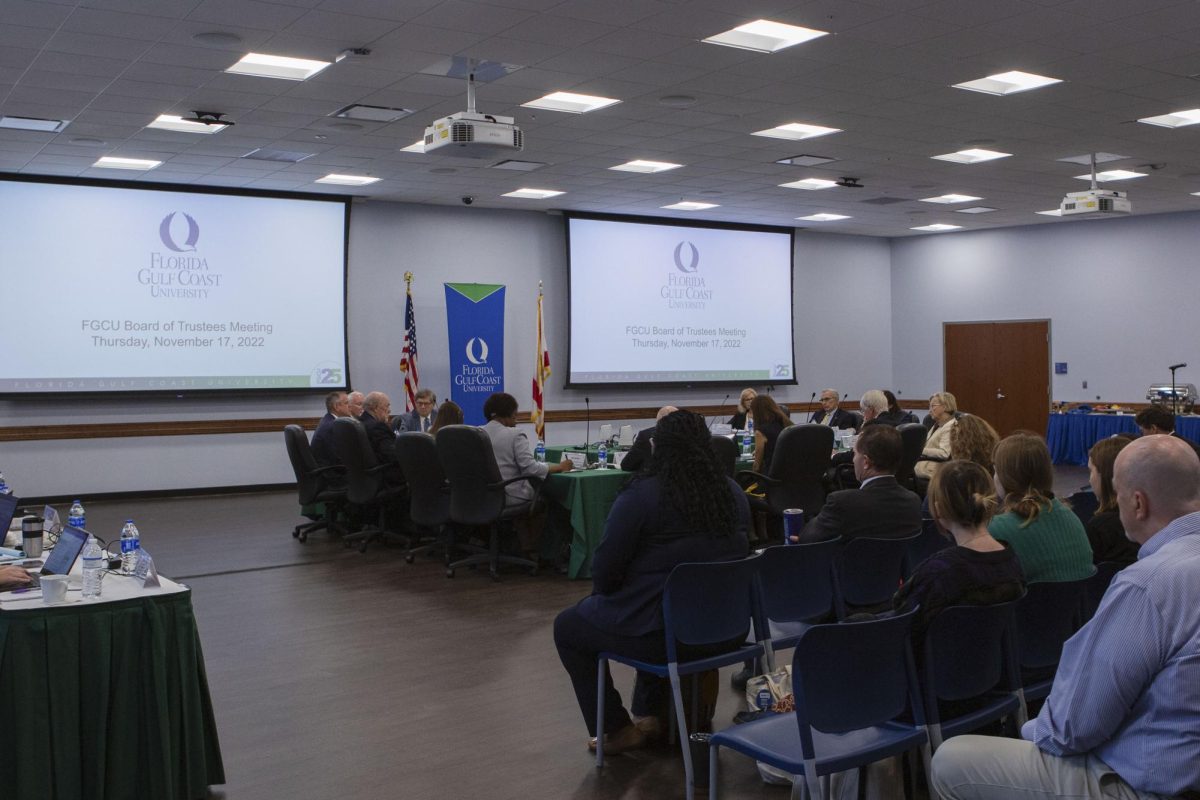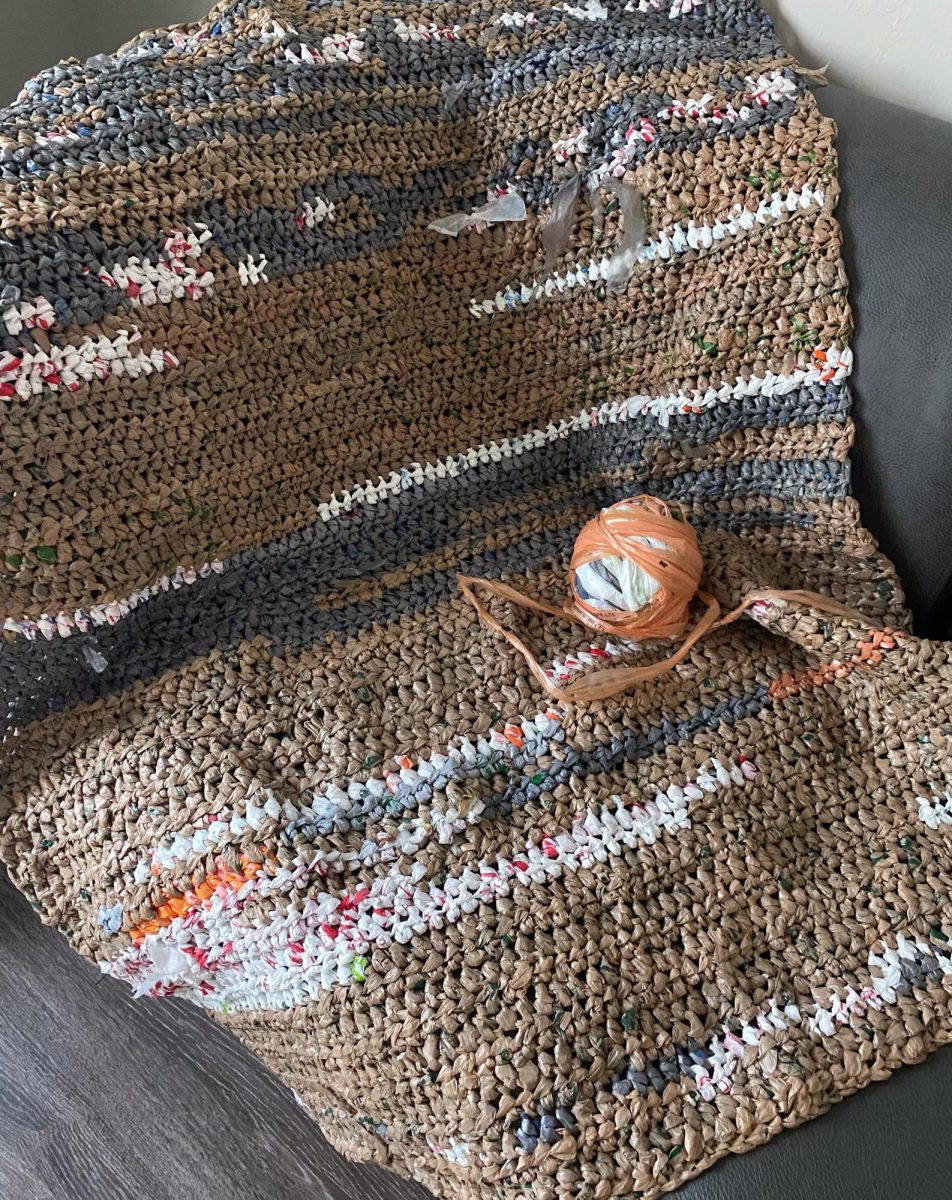The recent Ebola epidemic that was first reported in March 2014 was characterized by a sense of fear, globally and regionally. This was a result of misleading reports and misconstrued information that left much of the public in speculation about the disease.
Florida Gulf Coast University’s museum studies program hopes to shed some light on this matter with the opening of its exhibit “Unmasking Africa: Healing and Healthcare in the time of Ebola.”
The exhibit, which opened Jan. 27, showcases different West and Central Africa masks.
The masks were donated in 2004 by Vance Ericson. The art gallery had the masks for about six years until the museum studies program got them last December.
After receiving the masks, three FGCU students — Scott Zagurny, Courtney Sanders and Dianne Perez — came up with the idea to develop an exhibit, which would display each individual mask. This was also made possible by Professor Noemi Creagan, who is the coordinator of the museum studies minor. Creagan decided to also incorporate Ebola into the exhibit.
The goal of the exhibit is to draw in both cultural and social aspects of the masks, while also incorporating them into a discussion about the Ebola epidemic and demonstrating the difference between how the indigenous people of West Africa handle epidemics as opposed to the western world.
“We wanted to touch on the benefits of incorporating their [West Africa] beliefs with what we have in our advance technology and being able to bring that together without offending them or killing their culture,” Perez said. “It’s all about bridging that gap.”
In West Africa, masks are worn in ceremonies to appease ancestors or call out to them. Through these rituals, West Africans believe the ancestors enter their body as a means to heal their people.
“The way the spiritual healers of West Africa wear masks is much different versus how doctors wear masks,” Zagurny said.
Ebola outbreaks have been going on in West Africa since the 1960s; however, there has been the same number of deaths in the latest Ebola epidemic in the U.S as there has been in the last 50 to 60 years that it has been going on in Africa.
While the Western world’s solution to this crisis is medicine, the people of West Africa have a different way of handling the disease.
“The cultures in West Africa have this extremely strong belief in the spirit world,” Sanders said. “They believe that when you die, you ascend to an ancestor.”
The university’s museum studies program hopes the exhibit will bring awareness to its students on West Africa’s culture and the Ebola epidemic.
“Understanding foreign cultures is really important to bettering yourself as a person,” Zagurny said. “If we understand that our cultures are different, we can more easily work together.”
The exhibit can be viewed from 8 a.m. to 5 p.m. in library room 322 until March 20.







